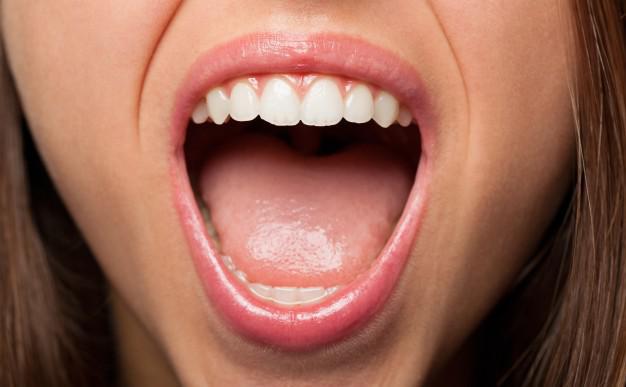
There’s not much data about the prevalence of xerostomia, the medical name for the condition better known as dry mouth. Estimates about affected Americans range from less than 1% to over 60%. Dry mouth is known as a very common side effect of head and neck cancer treatments, and nearly all patients develop dry mouth symptoms.
At the root of the problem, salivary glands around your mouth aren’t making enough saliva to keep your mouth moist, though there may be a range of reasons why that’s the case. Causes can be temporary or permanent, and there are treatments to reduce the impact of the symptoms of xerostomia.
The role of saliva
Apart from alerting you to the fact that Sunday dinner is cooking, saliva has several important functions. From everything you eat, your mouth ends up as a breeding ground for bacteria, developing from food scraps and creating plaque, the culprit behind tooth decay and gum disease. Saliva dilutes the acids created by these bacteria, limiting their impact, as well as helping to wash away the food scraps that serve as a bacterial food source.
Saliva also aids digestion. It enhances the flavors that you taste, part of the process that makes eating pleasurable. The extra moisture helps you to process food as you chew it, making it easier to swallow, and saliva contributes enzymes that start to break down foods for easy digestion.
Dry mouth symptoms
Virtually anyone can experience dry mouth from time to time. Your mouth and tongue may feel sticky or parched, and you get a strong urge to get something to drink. Other symptoms include:
- Thick, stringy saliva
- You have trouble speaking, chewing, or swallowing
- Your throat feels dry or sore, and your voice may be hoarse
- Things don’t taste the same as they normally do
- You have bad breath
- Denture fit may change
Dry mouth causes
Getting older is one of the common causes of dry mouth. As with other systems in your body, your salivary glands lose efficiency over time. Aging, on its own, may not be enough to cause dry mouth. Other contributors to your problem could be:
Cancer treatments
Both chemotherapy and radiation can cause dry mouth, particularly radiation treatment of head and neck cancers, which can damage salivary glands.
Medications
There are many drugs, available by prescription or over the counter, that have dry mouth as a side effect, including pain medications, antihistamines, decongestants, antidepressants, and high blood pressure treatments.
Alcohol, tobacco, and recreational drugs
Both smoking and chewing tobacco cause dry mouth, and some recreational drugs, such as methamphetamine, can cause severe symptoms.
Health conditions
Dry mouth can be a symptom of conditions such as Alzheimer’s disease, diabetes, Sjögren’s syndrome, sleep apnea or HIV/AIDS.
Easing the effects of dry mouth
Coping with dry mouth may mean changes to your lifestyle. It’s just another good reason to stop using tobacco, and limiting your intake of diuretics like alcohol and caffeine can help. Changing to a mouthwash that’s not alcohol-based is also a good idea. There are mouthwashes and rinses developed to help treat dry mouth.
Chewing sugar-free gum may stimulate saliva production at times when dry mouth hits, and sipping water throughout the day has health benefits in addition to easing dry mouth symptoms. A humidifier in your bedroom may lessen dryness that develops overnight. Avoiding over-the-counter decongestants and antihistamines can also keep your mouth moist.
When your dry mouth issue is severe or seems unexplained, contact the nearest office of Lakeshore Ear, Nose and Throat Center for an evaluation. You can contact the offices by phone or with the convenient appointment request button on the website. Get in touch today.

